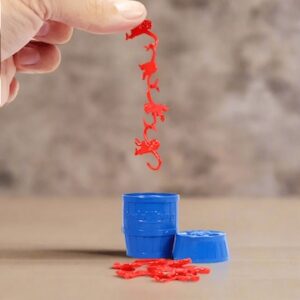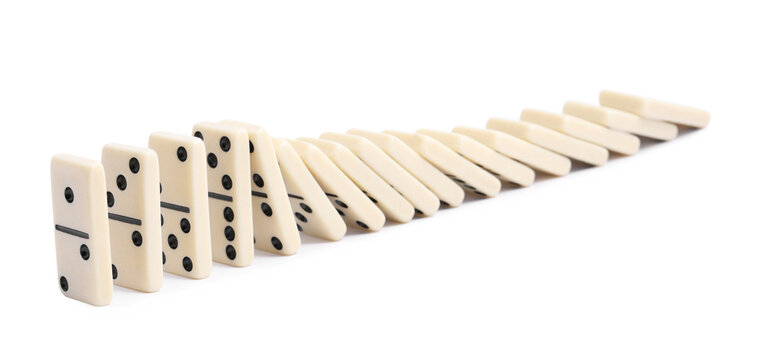One of the most essential parts of learning an instrument is repetition. Repeating a skill builds coordination, deepens understanding, and helps turn technique into habit. However, repetitions can also be tedious, especially to children.
Turning repetition into a game can significantly impact your home practice. When kids are engaged and having fun, they’re not only willing to repeat more—they do so with better focus and enthusiasm. More high-quality repetitions lead to faster progress.
The trick is to choose games that support focused, intentional playing. If a game is too entertaining on its own, it can distract from the instrument. So, the sweet spot is a simple, repeatable activity that makes practice more fun without becoming a distraction.
Below are some of my favorite tried-and-true practice games—fun, motivating, and easy to set up at home.
Racing Game
Use a piece of cardboard or heavy paper to create a racetrack. Draw a path with clear spaces and choose a small toy (like a car or animal) to be the player’s “character.” Parents or teachers can have their own character, too!
Each time your child plays a practice spot successfully—meeting a goal like playing correct notes, using good posture, or having beautiful tone—they move their character forward one space. If the goal isn’t met, the adult’s character gets to move instead. The first one to the finish line wins!
This kind of game is excellent because it offers both a positive incentive (moving forward) and a gentle consequence (falling behind), which helps encourage focus and effort.

Tic Tac Toe (With a Twist)
This is a quick game that works well for shorter repetitions. Set up a Tic Tac Toe board, and let your child place an X or O on the grid each time they complete a successful repetition. If a goal isn’t met, the parent or teacher gets to place a mark.
The first to get three in a row wins, and then you can start again with a new practice spot or piece. This game is much quicker than Racing, so it can be done multiple times in a row with different practice spots or pieces.

The Audience Game
This is a favorite for performance preparation. Choose a spot near the practice area as the “audience zone.” Every time your child completes a correct repetition, they get to add a stuffed animal or toy to the audience.
You can stop here and enjoy seeing the audience grow—sometimes that’s motivation enough! However, many families also end the session with a performance for the crowd gathered.
💡 Some children love this so much that they want to “perform” daily. Others save it for once a week or in the lead-up to a recital. Follow your child’s lead.

Monkeys and the Mud Pit (a.k.a. Barrel of Monkeys Game)
These two games use the classic Barrel of Monkeys toy! First, you can do the simple version, adding a monkey to a chain that hangs from either the child’s guitar or a piece of furniture in the room.
Then there’s the “Mud pit/Lava pit” version, which, like the racing game, includes both a positive incentive and a consequence.
Start by hanging five monkeys from the guitar, a music stand, or a nearby chair. Every time your child plays a repetition well, they “rescue” a monkey and return it to the barrel. If the repetition needs more work, a monkey falls into the mud pit or lava (you can pretend the floor is lava—or use a designated area!).
To rescue a monkey from the lava, the child must complete one good repetition to bring it to safety, and another to get it all the way home. This two-step rescue process encourages both focus and perseverance.

Build a Tower (or Domino Chain)
Grab some building blocks, Jenga pieces, or dominoes. Every correct repetition adds a piece to a tower or line. Once it’s tall or long enough, your child gets to knock it over!
This is incredibly motivating for many kids—it’s physical, visual, and super satisfying. And it often leads to more repetitions than you ever imagined possible.

A Note on Age
Every child is different. Some kids love these kinds of games until they’re 10 or 12, while others may lose interest in playful practice earlier. The important thing is to stay flexible and keep the focus on joyful, quality learning, whatever form that takes.
Practice games are more than just fun—they’re powerful tools for building habits and encouraging consistent effort. They help your child stay engaged, feel successful, and take ownership of their learning.
Want help choosing the right games or practice goals for your child? That’s what lessons are for. Reach out anytime with questions, and let’s keep the music growing—one joyful repetition at a time.